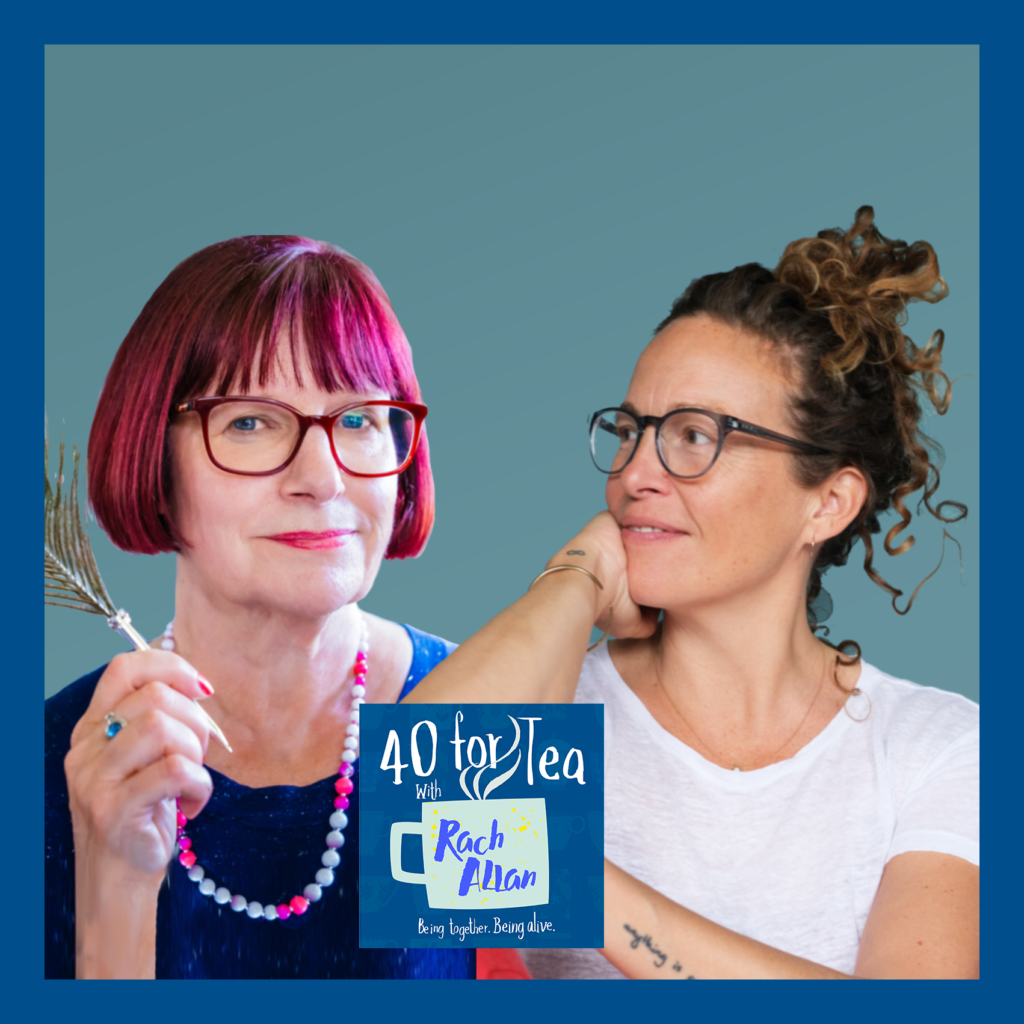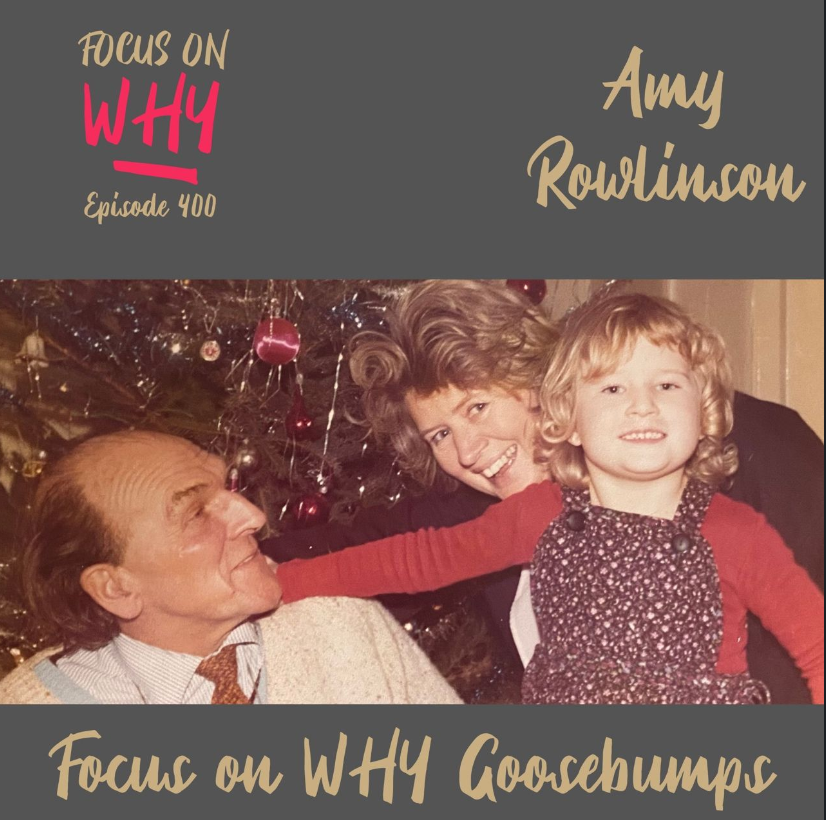In the past couple of weeks, I’ve had the rare experience of appearing on three different podcasts. The first was with my old friend Rachel Allan on her podcast 40 for Tea; the second was an interview with Dale Hurst on his podcast (recorded at the Bournemouth Writing Festival), The Dale Hurst Writing Show (yet to be released); and the third was with my new friend Amy Rowlinson on her podcast Focus on WHY.
For a few months now, Rachel and I have been mapping her quest to share a cuppa with 40 inspiring individuals across the world, reflecting on her journey and, in the spirit of my ‘life dictionary’ process, identifying the key words that describe it. The podcast that was released on 26 April acts as a teaser for future conversations, and in it Rachel talks about her resistance to sharing her story.
She asked a valid question, which was, ‘Isn’t it a bit narcissistic, telling your own story?’ I told her I get that people will worry that they’re being self-centred and egotistical but it’s more about what you share and how you share it. If you tell a personal story in a way that invites other people in, then it gives them permission to find themselves in that story and ultimately feel less alone. So surely that’s sufficient motivation to get over any ego fears and share your authentic story? Since then, Rachel has had an encouraging response from people who do want to hear her story.
At the Bournemouth Writing Festival at the end of April, Dale and I discussed aspects of memoir writing and ‘autofiction’ – ie fictionalising your own story. I mentioned the controversy surrounding the huge Netflix hit Baby Reindeer, which is based on a real-life experience of stalking and sexual assault, but in fictionalising the story it has led to internet sleuths tracking down and exposing the real-life stalker and naming the wrong person as the abuser.
Richard Gadd, the victim, writer and star of the show, has said the Netflix series has ‘emotional truth’ – but the producers clearly didn’t go far enough in masking the identities of his stalker or his abuser. When sharing your story, there are always going to be other characters in it, so you do have to be careful what you say about them. I had to think long and hard about what I would write about my ex-husband and being fair to him while being honest about the impact of our divorce. At the end of the day, it’s my story and I have a right to share it – as long as I tell my truth.
Finally, I was thrilled to be invited by Amy Rowlinson to guest host the 400th episode of her podcast Focus on WHY, on which I’d previously appeared as a guest. To mark this milestone, I interviewed Amy about her forthcoming book about purpose, which is a remarkable collaboration between Amy and her late grandfather, George – and I was their editor!
Listen to the episode to find out how this all unfolded as it’s an incredible story that will give you goosebumps. Being a ‘word witch’, I chose three words to describe the book, which were magic, synchronicity and serendipity – words that mean a lot to Amy, and she explained why. Her experience underlines the importance of documenting your life experiences.
I love talking about different aspects of personal storytelling – and especially the words that hold significance for us. And I’m thrilled that my book, In Your Own Words, is giving me a platform to spread the word about the importance and impact of a story well told.


Leave a Reply